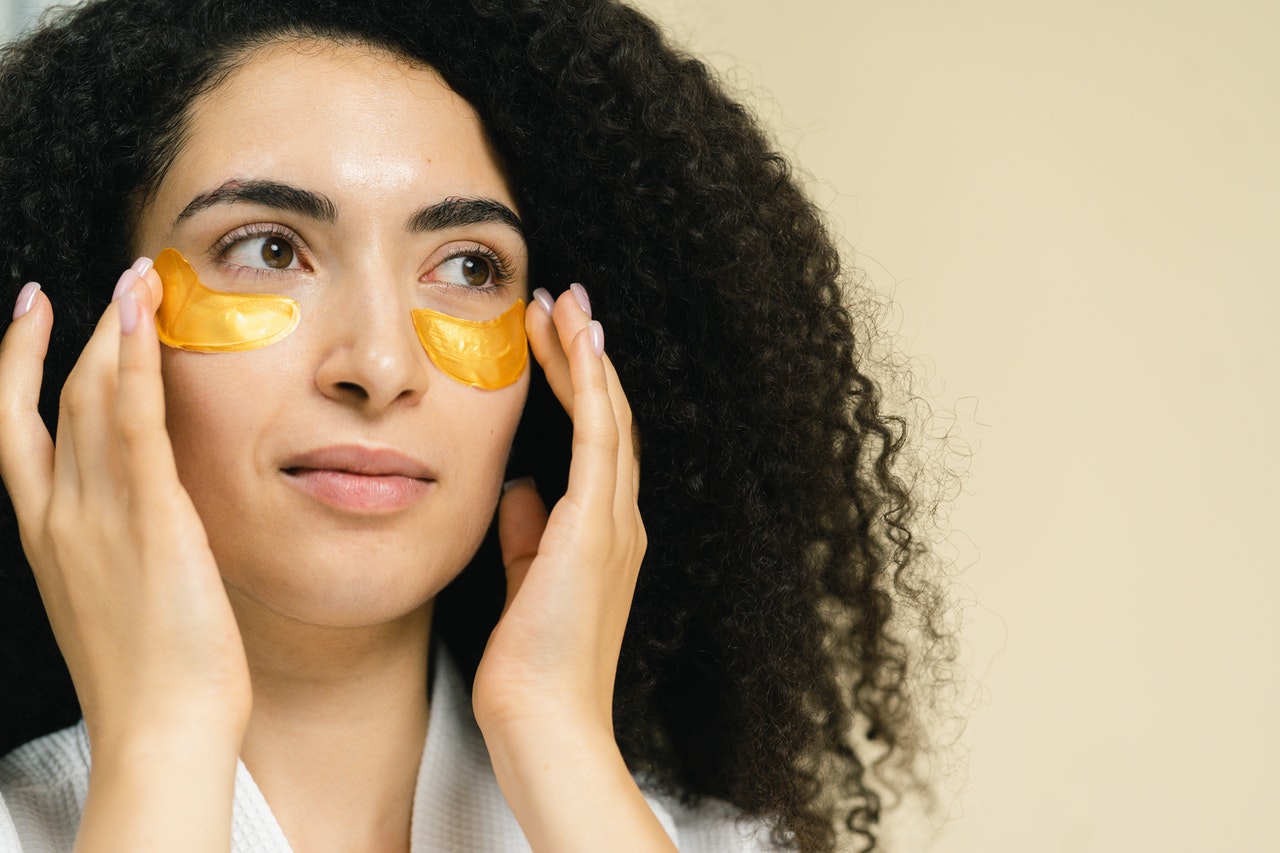Mar 17, 2022
Building and Maintaining a Skincare Routine for Beginners

Congrats on setting or improving your skincare routine for 2022. Skin is our largest organ and best defense against daily damages, so it deserves TLC every day. We all have daily habits and routines, from getting our morning (or afternoon) coffee to going to the gym, to when we eat or sleep. These habits help us function and perform at our best. These habits also help us practice self-care. Your skincare routine is also vital. We must treat our skin with the same respect and care as other parts of our bodies. Skincare is part of the total package of happiness and health. Adopting a solid skincare routine is one thing, but sticking to it, or even improving your current one, is another.
The sheer number of skincare products, techniques, and ingredients available can be overwhelming to a beginner. Then there's the question of how often, when, and in what order to use them for maximum effect. Make a plan and a goal before you get carried away with unnecessary products and steps. Setting yourself up for success is key to forming any good habit. Finding the right formulas and products for your skin type and concerns, setting simple, attainable goals, and creating a strategy to keep the momentum going.
This keeps you on track in the days, weeks, and months ahead. With everything going on in life, it's hard to keep healthy habits, even for your face. So, here are some expert tips to help you maintain a daily skincare routine.
Beginner's Guide to Skincare
A multi-step skin care routine may seem overwhelming if you've never used anything other than water or a foam cleanser in the morning, but it's actually the opposite. Finding the right foundation, creating a system that works for your schedule, and using products that work for your skin will make your morning and evening skincare routine enjoyable. Your skin will feel like gold. The foundations of any good skincare regimen.
Step 1: Know your skin type
To create a customized skincare routine, first determine your skin type. This is vital because different products are designed to work with various skin types and textures. Using products that don't work for you can cost you money and time. This also helps you address any skin issues that arise due to your skin type and how it reacts to certain elements, products, or fabrics. Oily skin types should use more mattifying products, while dry skin types should use more thick and rich moisturizing products.
Observe your skin throughout the day to determine your skin type. How does your skin feel and look after washing it in the morning? By afternoon, how does it look and feel? After a long time in the sun? After a long day? Is your skin oily? flaky? A mix of both at times? In any case, these traits define your skin type.
Skin types are divided into four groups:
1. Oily skin is shiny or greasy due to excess oil production on the forehead, nose, and cheeks.
2. Dry skin: Tight, flaky skin, especially in the t-zone. tense areas
3. Sensitive skin: red, irritated areas that are painful to touch.
4. Combination skin: oily and dry or flaky areas.
Step 2: Establish a Simple Foundation
Once you know your skin type and what needs to be addressed, you can start creating your skincare products. It's best to start small and be practical. Especially when it comes to consistency. One work with the products you need and will use. Keep it simple. These are cleanser, toner, moisturizer, and sunblock Use all four in the morning and all three at night. Of course, this can be changed and products added to suit your skin type. For example, if you have acne, consider adding a spot treatment. If you have puffy eyes or red cheeks, use retinol cream before bed. These core steps are the foundation of any successful skincare routine. Keep your routine simple to avoid overstimulation and product waste.
Step 3: Be consistent
Once you have the right products and a routine for using them in the morning and evening, it's time to stick to it. This will create a good habit that will benefit your skin. Initial reminders on your phone and visible products near the sink, shower, or nightstand may help. The easier you make things for yourself, the easier it is to adapt.
Step 4: Boost your routine
Once you've mastered your routine and are consistently using your products correctly, you can start adding more products that address, treat, and prevent skin concerns. You can also start learning more about your skin and how to best care for it. There are many products out there that can help you achieve that extra glow.

